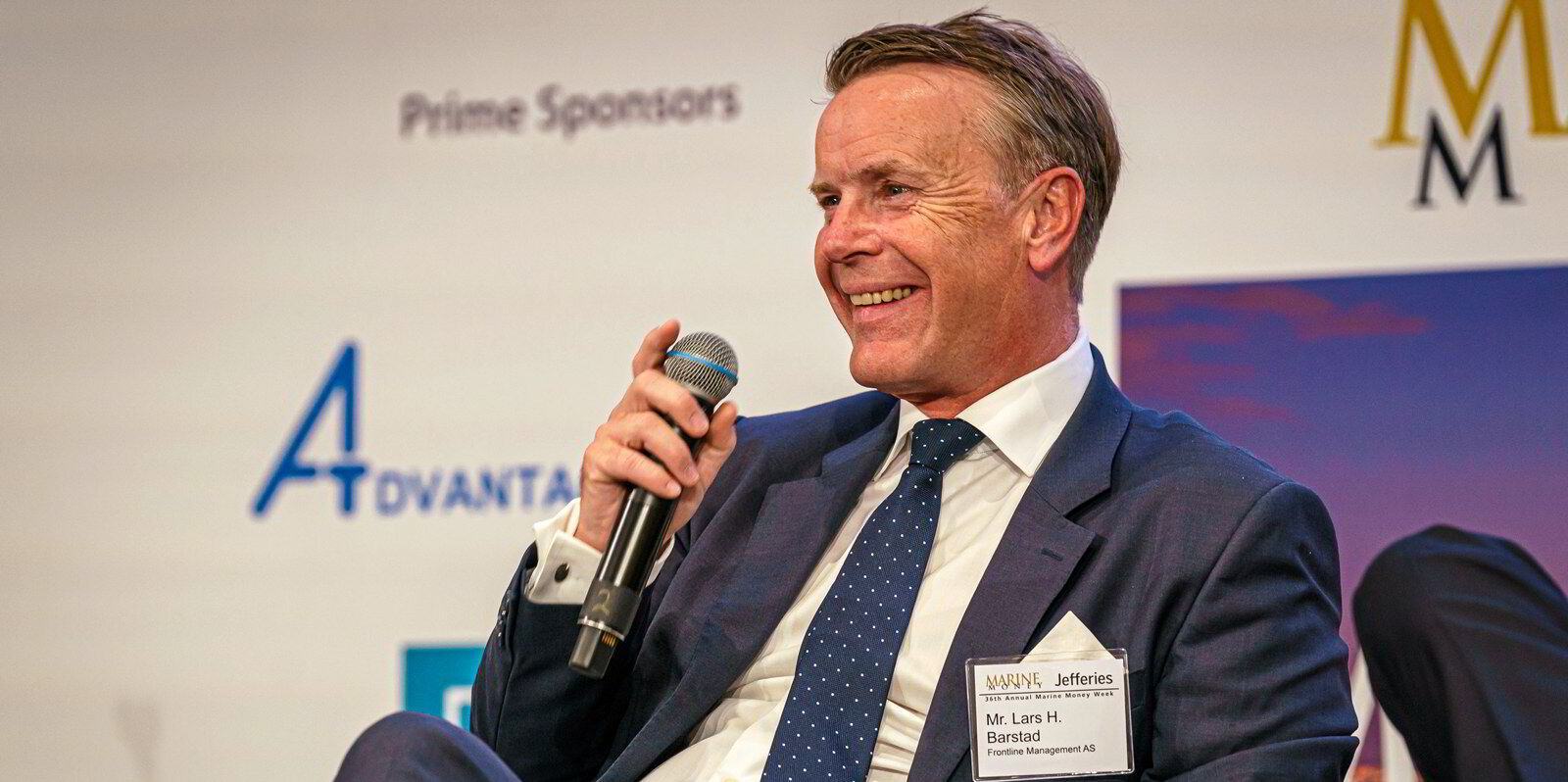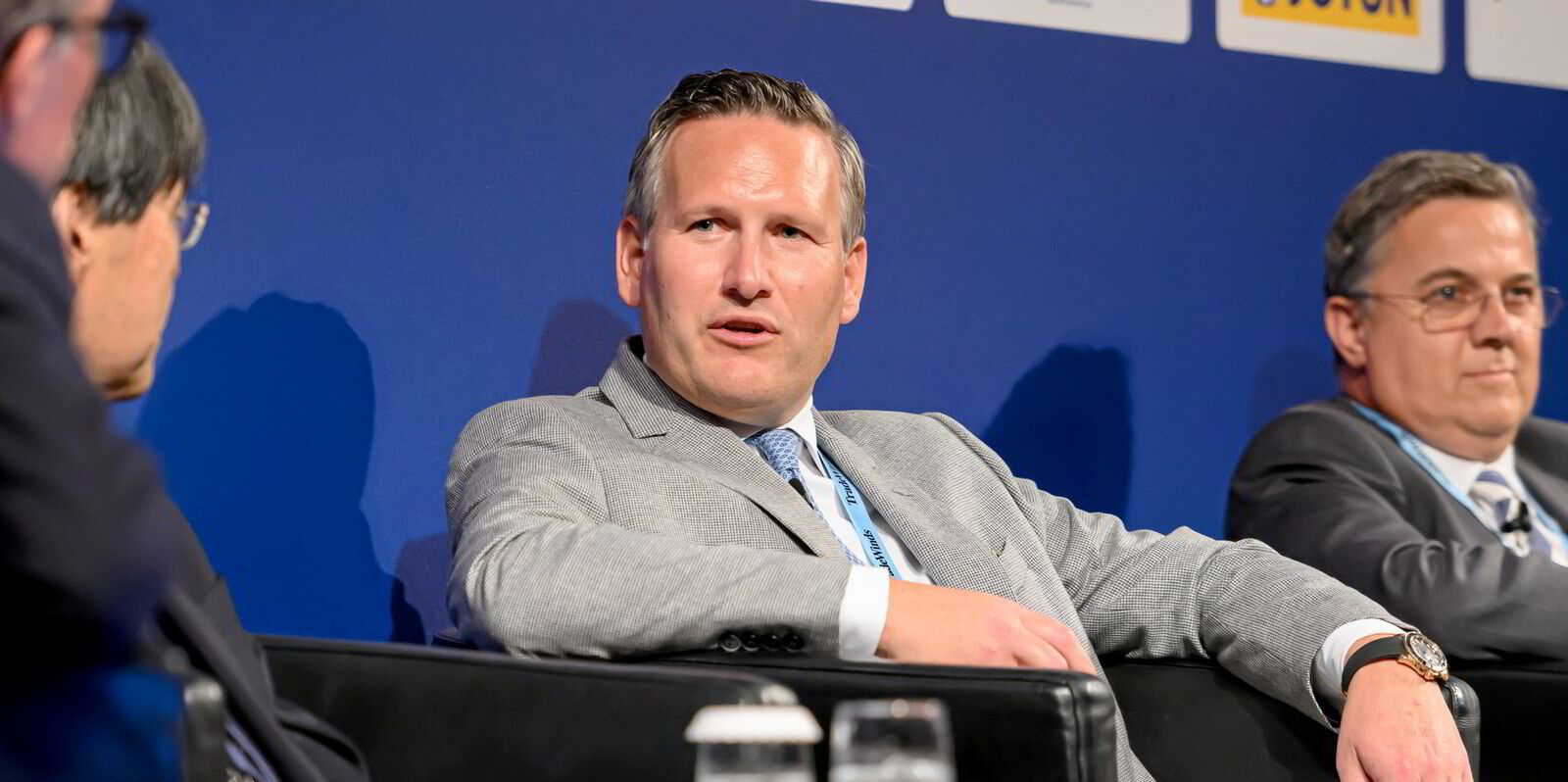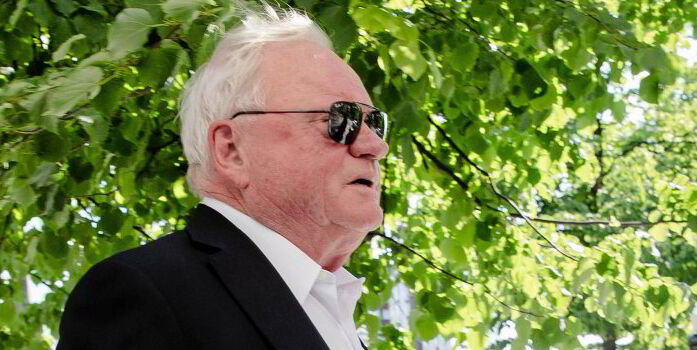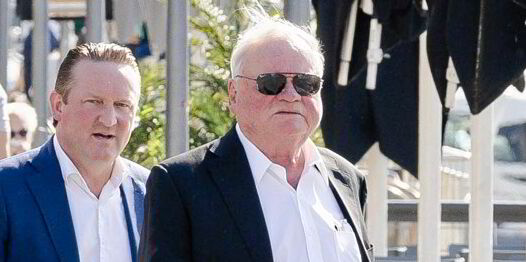John Fredriksen-owned tanker giant Frontline has refinanced 10 suezmaxes in a sale-and-leaseback transaction in China.
The Oslo and US-listed company said the deal was agreed in October for $512.1m in total.
The buyer is China’s CMB Financial Leasing, which is refinancing an existing sale-and-leaseback arrangement.
The new deal will see the vessels chartered back to Frontline for over 10 years.
The interest rate is set at the secured overnight financing rate — SOFR — plus 1.8%, with purchase options available throughout the term.
The deal is expected to generate net cash proceeds of $101m in the fourth quarter.
The vessels are likely to be the 10 suezmaxes built in 2019 that Frontline bought from trader Trafigura in 2020.
This involved a $544m sale-and-leaseback agreement with China’s ICBC Leasing.
The financing was for seven years at an interest of 2.3% above the London interbank offered rate — Libor — plus 2.3%.
Frontline also announced a third-quarter net profit of $60.5m, compared to $107.5m in the same period last year.
The dividend will be $0.34 per share.
Revenue from the 82 ships was $490.3m, against $377m in 2023, as rates fell.
The average spot time-charter equivalent earnings for the VLCCs was $39,600 per day, with suezmaxes at $39,900 and LR2/aframaxes managing $36,000.
Forward bookings rise for VLCCs
VLCC rates have picked up in the final three months of the year, with 77% of days booked at $44,300.
Suezmaxes have been fixed at $39,600, slightly weaker, for 70% of days, with LR2s/aframaxes down at $34,800 from 60% of days.
Chief executive Lars Barstad said: “The third quarter of 2024 performed in line with seasonal expectations, as oil demand slowed over the summer months and domestic demand by oil exporting countries in the Middle East increased.
“We continue to sail in a troubled geopolitical landscape and with lower year-on-year demand in Asia, and especially China, the tanker markets have yet to experience the seasonal upswing into winter,” he added.
He identified the increase in sanctioned oil trade and the movement of illicit barrels as having a negative impact on the crude vessel sector.
“However, global oil demand is still growing, and with limited new tanker capacity coming, Frontline continues to profit as we run our cost-efficient operation and modern fleet,” the CEO said.
“It will be interesting to see how the tanker market, including the trade of oil and energy, is impacted by politics as we approach 2025,” Barstad added.
Frontline said an “astonishing” 6% of the global VLCC, suezmax and aframax/LR2 tanker fleet is now reported to be sanctioned by the US Office of Foreign Assets Control.
“In addition to an overall reduction in volumes, industry sources also point to the surprising growth in Iranian exports, further reducing transportation demand in the compliant market, and softening the balance of the entire global oil trade,” the company added.






